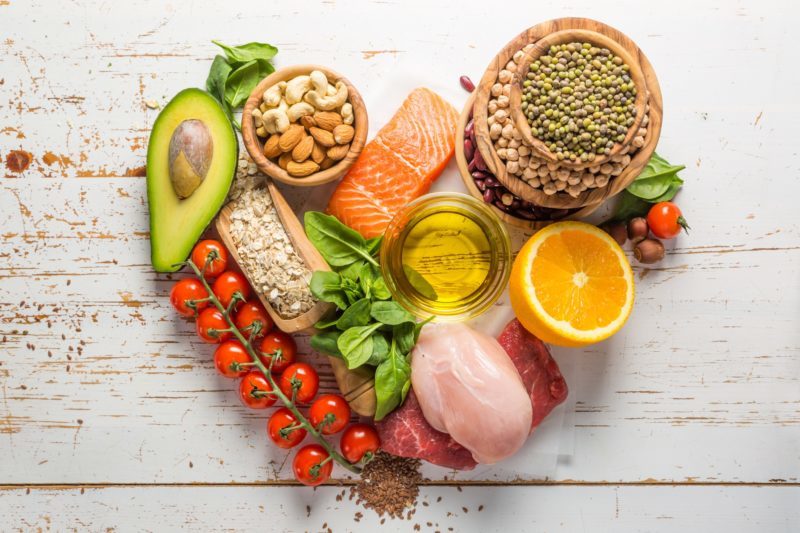Chronic inflammation has been associated with heart disease and stroke in previous studies, a press release on the topic explains. Inflammatory biomarkers like interleukins and adhesion molecules have been associated with atherosclerosis. Other studies have found that diet can influence inflammation levels, but there has been less research focused on whether long-term adherence to proinflammatory diets are associated with increased rates of heart disease or stroke.
Researchers used participants from the Nurses’ Health Studies I and II, beginning in 1986 and including up to 32 years of follow-up. The findings: After controlling for other risk factors such as BMI, physical activity, family history of heart disease, and multivitamin use, those consuming proinflammatory diets had a 46% higher risk of heart disease and 28% higher risk of stroke, compared to those consuming anti-inflammatory diets.
"Using an empirically-developed, food-based dietary index to evaluate levels of inflammation associated with dietary intake, we found that dietary patterns with higher inflammatory potential were associated with an increased rate of cardiovascular disease," said Jun Li, MD, Ph.D., lead author of the study and research scientist in the Department of Nutrition at Harvard T.H. Chan School of Public Health. "Our study is among the first to link a food-based dietary inflammatory index with long-term risk of cardiovascular disease."
Related: Spices May Reduce Inflammatory Impact of High-Fat Meals Inside the Baking Aisle Why You Should Be Skeptical Of LDL Cholesterol As an Indicator of Heart Disease
The researchers suggested that consuming foods with higher levels of antioxidants and fiber would help fight inflammation. This includes green leafy vegetables, yellow vegetables, whole grains, coffee, tea, and wine."A better knowledge of health protection provided by different foods and dietary patterns, mainly their anti-inflammatory properties, should provide the basis for designing even healthier dietary patterns to protect against heart disease," said Ramon Estruch, MD, Ph.D., senior consultant in the Department of Internal Medicine at Hospital Clinic in Barcelona, Spain, and author of an accompanying editorial comment. "When choosing foods in our diet, we should indeed beware of their proinflammatory and anti-inflammatory potential!"










